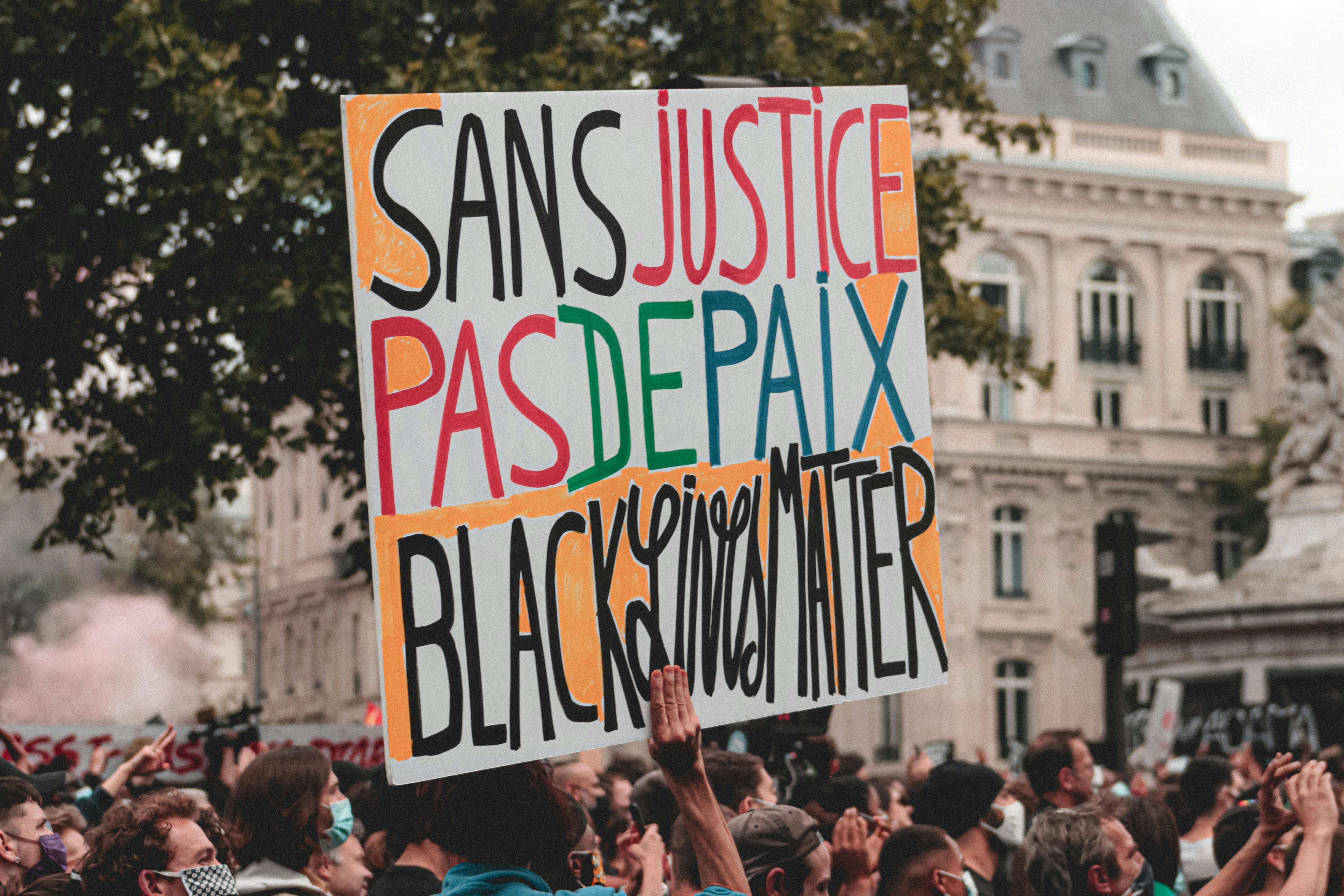Notary Public Fees
A notary public is an official chosen at the state level to serve as an impartial witness to the signing of documents. Depending on the state in question, he also offers a number of other services, such as oath administration, fingerprinting, and wedding services. Notaries charge a fee set by their state for these services. Notary public fees can vary from state to state.
In Maryland, a notary may require and receive a fee of no more than $2 for the execution of an original notarial deed. You may require no more than $1 for each signature on each additional copy of the original document. A notary may receive up to 25¢ per mile, and a fee not to exceed $5, as compensation for traveling in the performance of a notarial act. Unless otherwise permitted by law, notary public fees may not exceed this amount.
In Texas, Government Code Ann. § 406.024 clearly defines the maximum fees for notary public services. For taking the acknowledgment or proof of any deed, notaries charge $6 for the first signature and $1 for each additional signature. Administering an oath or affirmation with certificate and seal costs $6. A Texas notary may require $6 to use a witness in a deposition, certificate, seal, and other matters related to the deposition.
Pennsylvania law allows a notary to charge a notary fee of no more than $5 for each act. A notary may require $2 for each additional signature on the acknowledgments. On affidavits and protests, a notary can receive $3 per page. In Pennsylvania, a notary may charge administrative and travel fees, as long as the charges are reasonable, understood, and agreed to by the client in advance.
A notary public in Florida has the option of charging or not charging for their services, or any fee up to the maximum. On acknowledgments, depositions, and jurats, a notary may receive a fee of no more than $10. Notaries charge $20 and $30 to verify the identification number of a vehicle and a marriage, respectively. New York Notary Public fees include a $2 fee for taking an oath or affirmation or for taking an acknowledgment or proof of execution.
The notary who charges more than the maximum declared by each state is exposed to possible criminal action. The suspension or revocation of the notarial commission by the Secretary of State is also possible.
